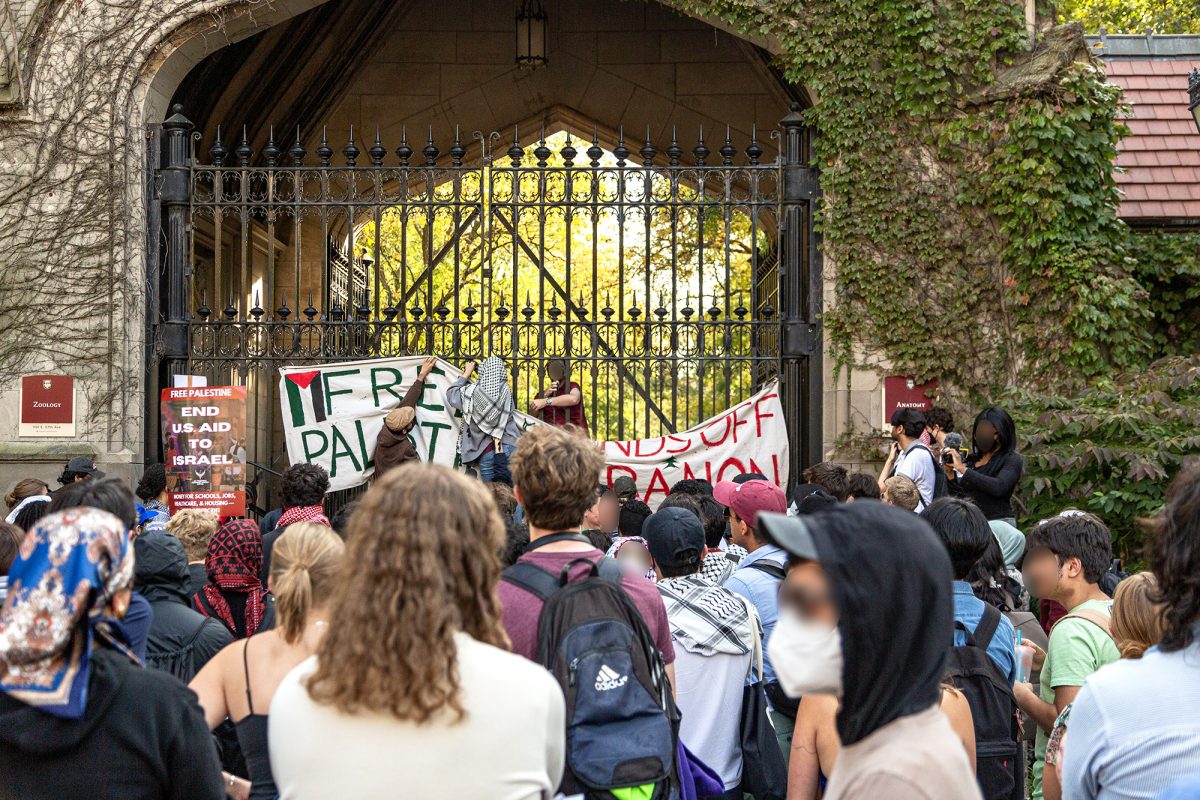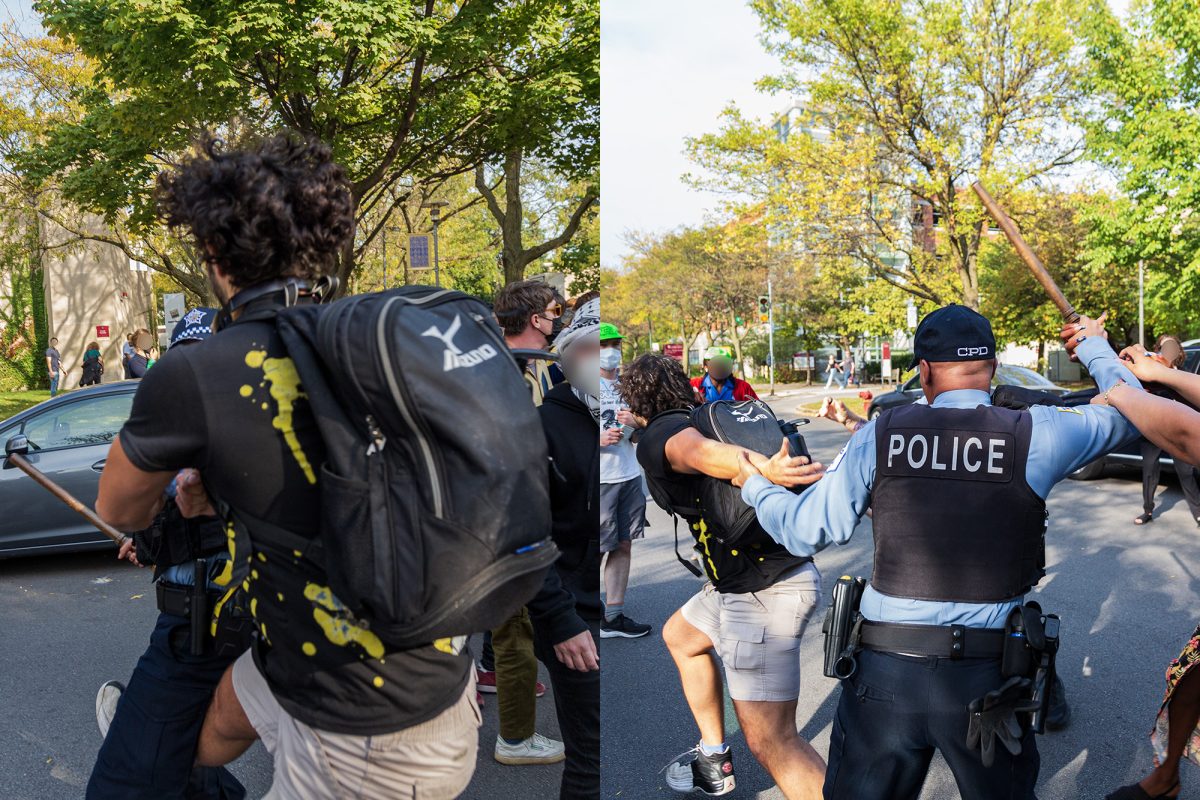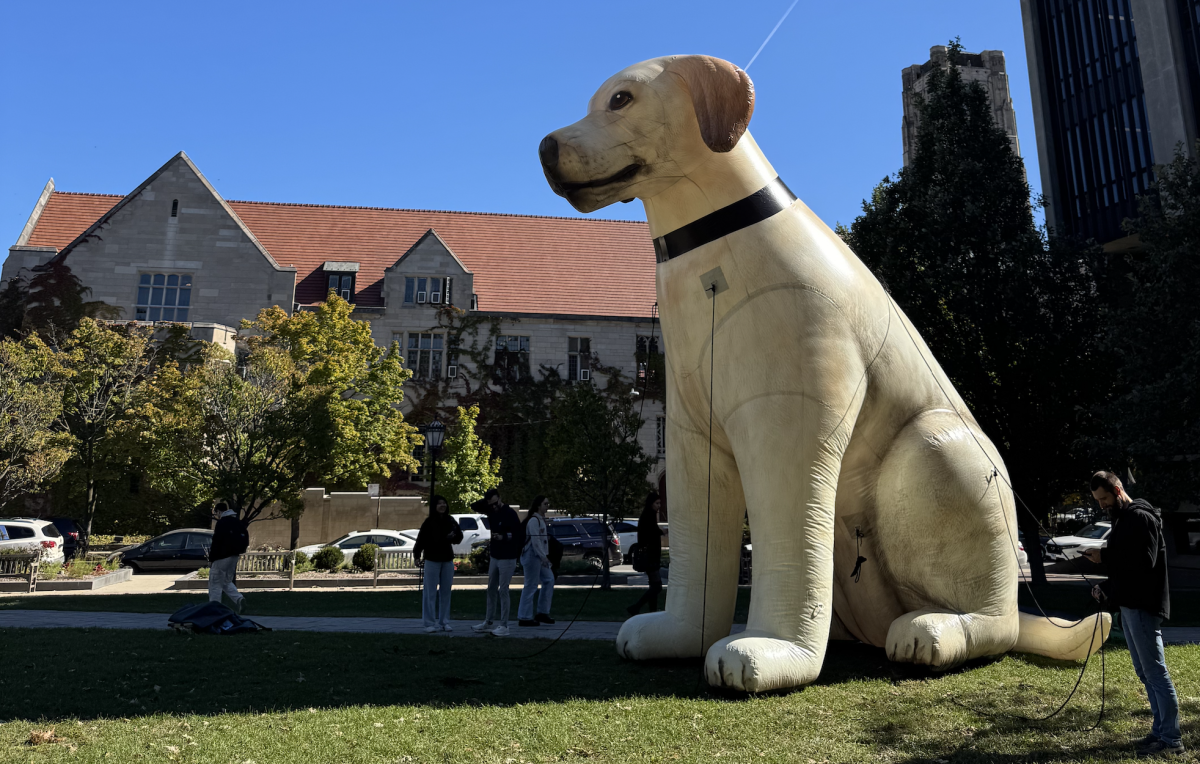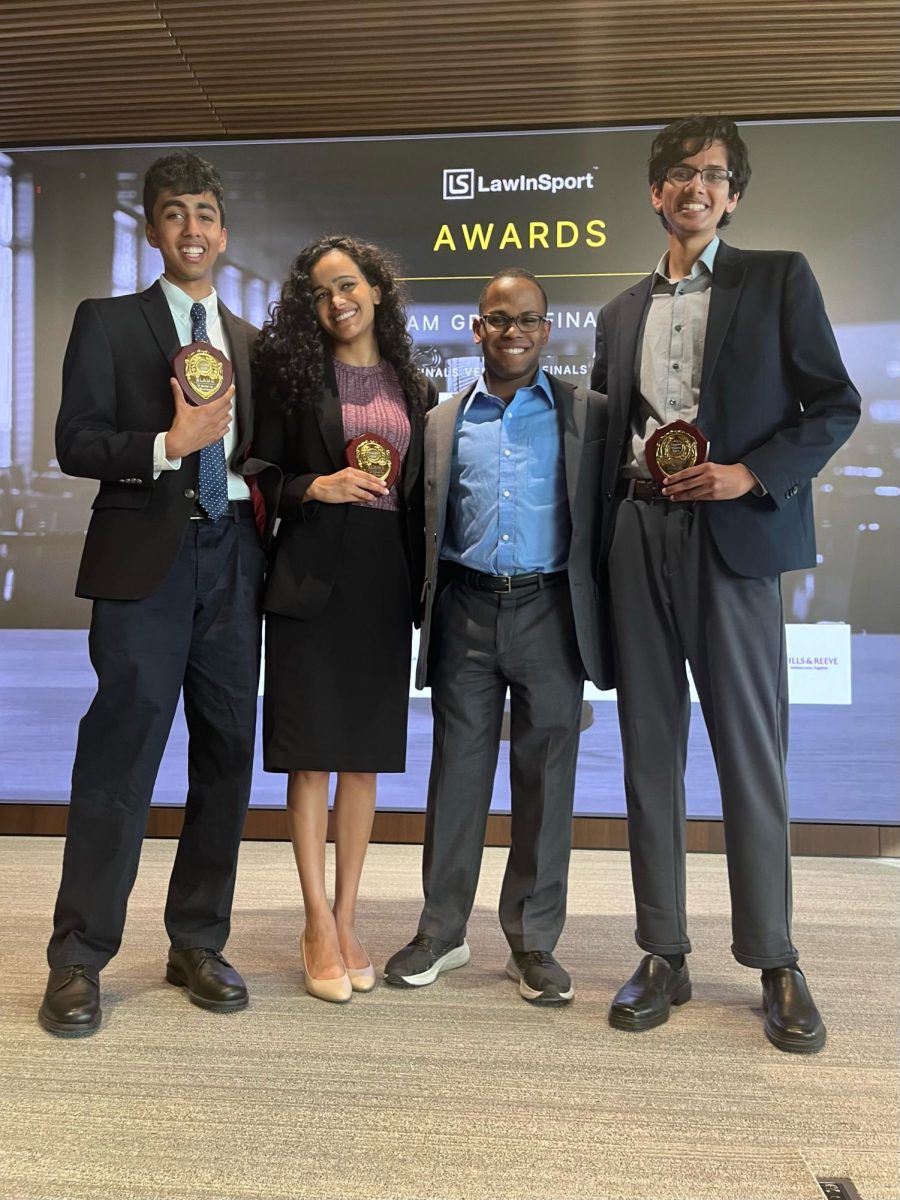Rules of procedure for Wednesday’s Faculty Senate meeting, the first substantive meeting in 24 years, were altered yesterday, decreasing the time allotted to discuss the gathering’s main agenda item, the Milton Friedman Institute (MFI), according to documents made available to the Maroon.
The changes were made at the request of the Office of the Provost, according to biology professor Michael LaBarbera, spokesman for the Committee of the Council of the Senate, the committee that drafted the original rules governing the meeting’s proceedings. The changes were announced in a letter sent to all University Faculty Senate members Monday afternoon.
Provost Thomas Rosenbaum declined to comment on the changes when contacted Monday evening.
The meeting, which was called by President Robert Zimmer, comes after months of debate between the administration and the Committee for Open Research on Economy and Society (CORES), an ad hoc faculty group opposed to the MFI. CORES takes issue with a perceived conservative agenda, a disciplinary narrowness, and the potential for undue influence from donors on the research conducted by the Institute, according to the group’s website.
The Faculty Senate is composed of all professors, associate professors and assistant professors who have served for at least one year. This Wednesday marks the first time since 1984 that the entire Faculty Senate has discussed an issue during a Senate meeting, although meetings since then have brought the faculty together for presidential state of the university addresses. The last such meeting was convened in 1998.
The Committee of the Council, which is an elected body of seven Council members, met October 7 to establish procedures for this week’s meeting.
The original agenda called for Zimmer and Rosenbaum to open the meeting with a 30-minute presentation on the state of the University. This would be followed by three- to five-minute presentations by Lars Peter Hansen, economics professor and chair of the Institute’s governing committee, and one by CORES co-chair Bruce Lincoln, a divinity school professor. Both were to serve as factual foundations for the following discussion about the Institute, including details of the Institute’s governance and CORES’s criticisms. The meeting was to conclude with an 80-minute discussion of the Institute, presided over by Zimmer. Each speaker was to be limited to three minutes.
But according to LaBarbera and Lincoln, those rules were changed Monday afternoon and detailed in a letter sent to all members of the Faculty Senate. The new schedule doubles the length of Zimmer and Rosenbaum’s speeches and cuts the discussion segment to 45 to 50 minutes, eliminating both Hansen’s and Lincoln’s presentations. It also allocates 10 to 15 minutes at the end of the meeting for a discussion on any topic the faculty would like to address.
Both versions of the procedures banned any resolutions from coming to a vote and pre-distribution of materials. The meeting will be held from 3–5 p.m. in Max Palevsky Cinema in Ida Noyes. It will only be open to members of the Senate.
The MFI, announced in May, is slated to conduct economic and public policy research across several disciplines. Officially opened in July, the Institute was created at the request of members of the economics department and the Graduate School of Business.
Its namesake, Milton Friedman, was a longtime member of the University community. Friedman, who died in 2006, was a professor for more than 30 years in the economics department and is credited for his role in creating the Chicago school of economics. He was one of the last century’s greatest champions of free markets.
Lincoln, who had been dismayed over the original rules, was further upset over the revisions. He said that while both his and Hansen’s preliminary presentations had been removed from the agenda, Zimmer and Rosenbaum would still be allowed to present their views on the Institute.
“I think it’s part of a pattern,” Lincoln said. “They’re doing everything they can to make it appear like a democratic process while simultaneously working as hard as possible against it. It’s clear they’re afraid critics will get too much time, and they didn’t like what [the critics] had to say. They had to clamp down.”
LaBarbera dismissed such arguments.
“No one’s trying to pull any fast ones here,” he said.
He added that Zimmer and Rosenbaum’s roles were expanded after he sent a survey to members of the faculty, requesting suggestions for topics of further discussion.
“By far, the responses were about the impact of the fiscal crisis and how money affects the University,” LaBarbera said. “So if [Zimmer and Rosenbaum] get lots of questions, they can take more time. They decided to be more conservative in their estimate of how long they would take, and that’s reflected in their increased time.”
LaBarbera said that ultimately the changes came from the Provost’s office and that he did not know why Hansen’s and Lincoln’s presentations had been eliminated.
“Ask the Provost why there’s been a change in format,” he said.
This will be the first time the Faculty Senate will hold a substantive meeting since 1984, when they met with President Hanna Gray to discuss divestment from South Africa. At that meeting, three speakers from each side were allowed 10 minutes each to discuss their positions. A formal vote was also taken on the issue.
Lincoln called for rules more closely aligned with the previous meeting’s.
“I would like the chance to deliberate seriously,” he said. “This limits everyone to sound bites.”
LaBarbera defended the Committee’s decision, citing the size of the meeting and the desire for everyone to get a chance to speak.
“Meetings of the Senate are to permit the president to communicate with the faculty and vice versa. It’s not a debating society,” he said. “The problem is this: How long a meeting can you possibly have? This is where biology meets politics. The length of the meeting is limited by the capacity of the human bladder.”
A faculty vote is beyond the purview of the meeting, LaBarbera said.
“It’s not appropriate,” he said. “The Senate is not a governing body, and the crowd won’t be representative of the Senate as a whole, so it won’t accurately reflect the entire Senate’s view. If you want action items, it has to go through the Council. That seemed more honest.”
He estimated that of the approximately 1,200 Senate members, only two to three hundred will attend.
Despite their differences, both LaBarbera and Lincoln agreed on one thing: This meeting would not be the end of the dialogue about the Institute.
“Realistically, I would be surprised if the meeting resolves the problem,” Lincoln said. “But it will give people a chance to voice their concern, loudly.”








